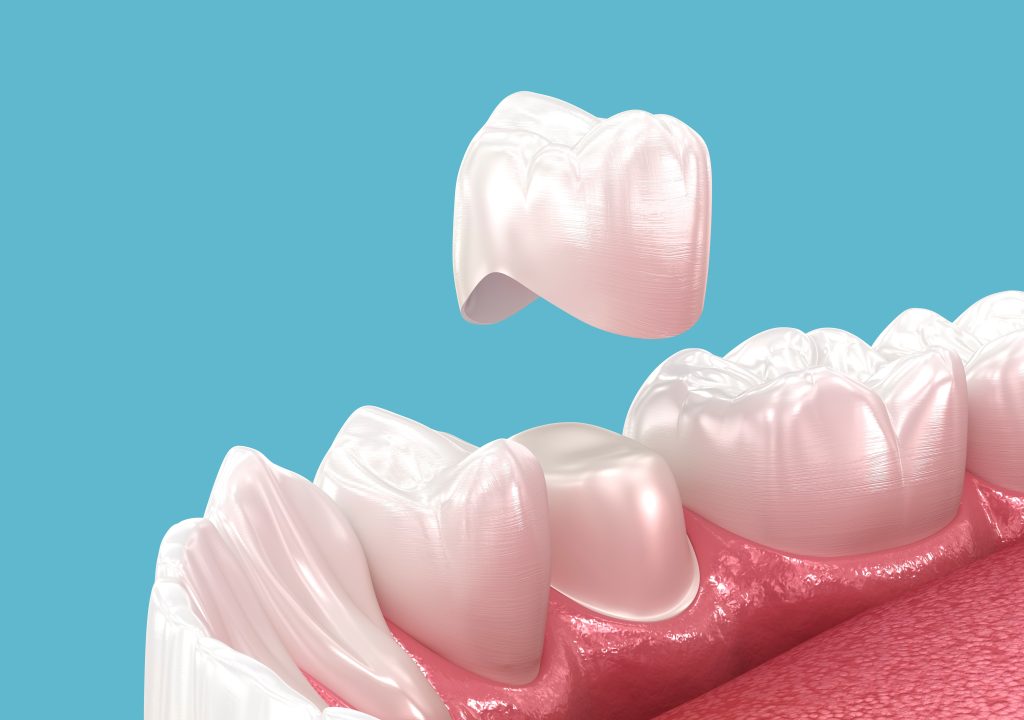If you suffer from diabetes, managing your blood sugar levels isn’t the only thing you’ll need to work harder at in order to stay healthy. As your family dentist in Vancouver, Dr. Nelson wants individuals with diabetes also have a higher risk of suffering from oral health problems due to the disease’s ability to impact how effectively your body fights harmful bacteria that grows in the mouth known as plaque.
High blood sugar levels in the body encourage the growth of plaque, which can eventually lead to gum disease if left to thrive on your teeth and gums. You may already suffer from gum disease if you have:
- Red, bleeding, swollen, or sore gums, or gums that have begun recede away from the base of your teeth.
- Chronic bad breath
- Loose teeth
- Ill-fitting dentures or an irregular bite
Fortunately, individuals with diabetes can still successfully manage their oral health by taking a few extra precautions.
Control Your Diabetes
Gingivitis and diabetes feed off each another to make both diseases worse for diabetics who don’t have their condition under control.
Poorly controlled blood sugar levels increase your risk of developing oral health conditions such as tooth loss, dry mouth, gum disease, and fungal infections like thrush. Gum disease, such as gingivitis or the more serious periodontitis, and thrush can lead to an oral infection. Diabetics with an infection have an even harder time controlling their blood sugar levels, which in turn makes them more likely to develop an oral infection.
To keep your mouth healthy and prevent infections, you need to have your diabetes under control.
Schedule Regular Dental Visits
Since individuals with diabetes have a higher likelihood of developing an oral infection, you need to schedule regular appointments with Vancouver dentist, Dr. Dale Nelson. Make sure to inform Dr. Nelson of your diabetes, and tell him of any medications you take to help control the disease. In addition to providing oral health cleanings that help to protect and strengthen your teeth, Dr. Nelson can also provide you with tips on how to properly care for your teeth at home as a diabetic. Depending on the current state of your oral health, Dr. Nelson recommend scheduling appointments every three months, instead of the usual six.
Practice Quality Oral Hygiene
As mentioned previously, high blood sugar levels encourage the growth of plaque in the mouth. The more plaque your mouth contains, the more acid this bacteria can create whenever you eat or drink sugary liquids. This acid slowly eats away at your teeth’s enamel, eventually causing gum disease and tooth decay.
Since your mouth already creates more plaque naturally, you need to pay close attention to maintaining and practicing quality oral hygiene. This means brushing at least twice a day for two minutes at a time, and flossing daily. You should also consider adding an anti-bacterial mouthwash as part of your nightly oral hygiene routine.
While a matter of personal preference on the type of brush used, studies have shown that electric and sonic toothbrushes help to clean more plaque from teeth than traditional handheld brushes. Individuals with uncontrolled diabetes may want to consider the use of an electric or sonic toothbrush to help combat the additional plaque their mouths creates.







